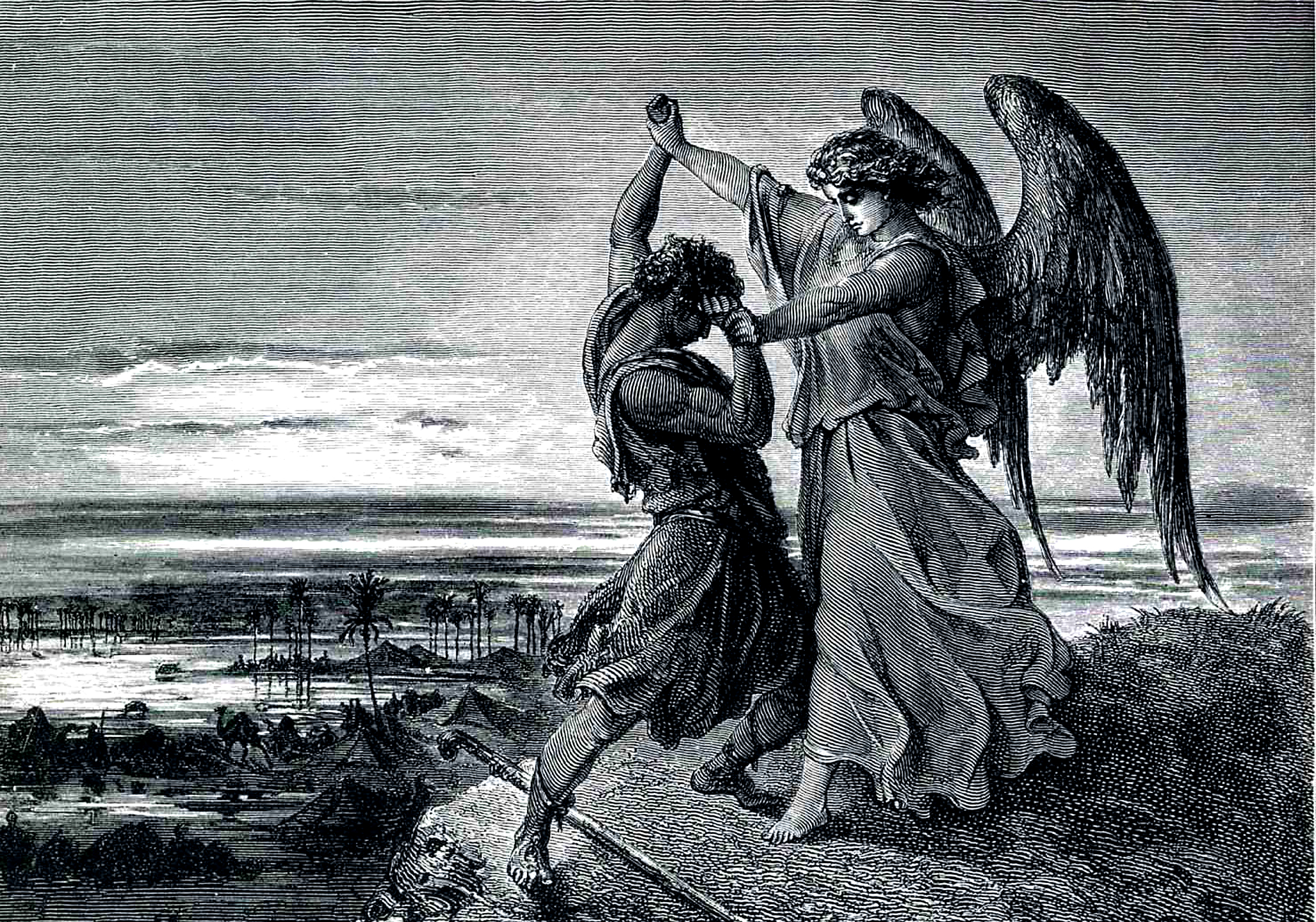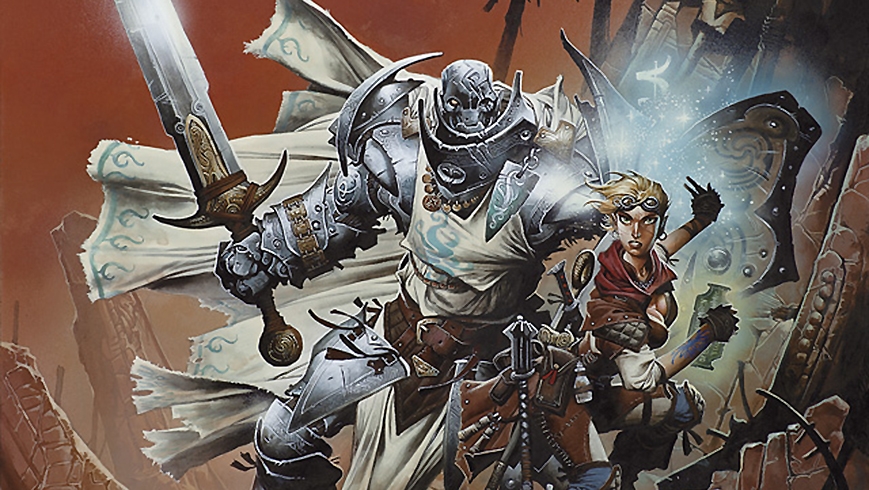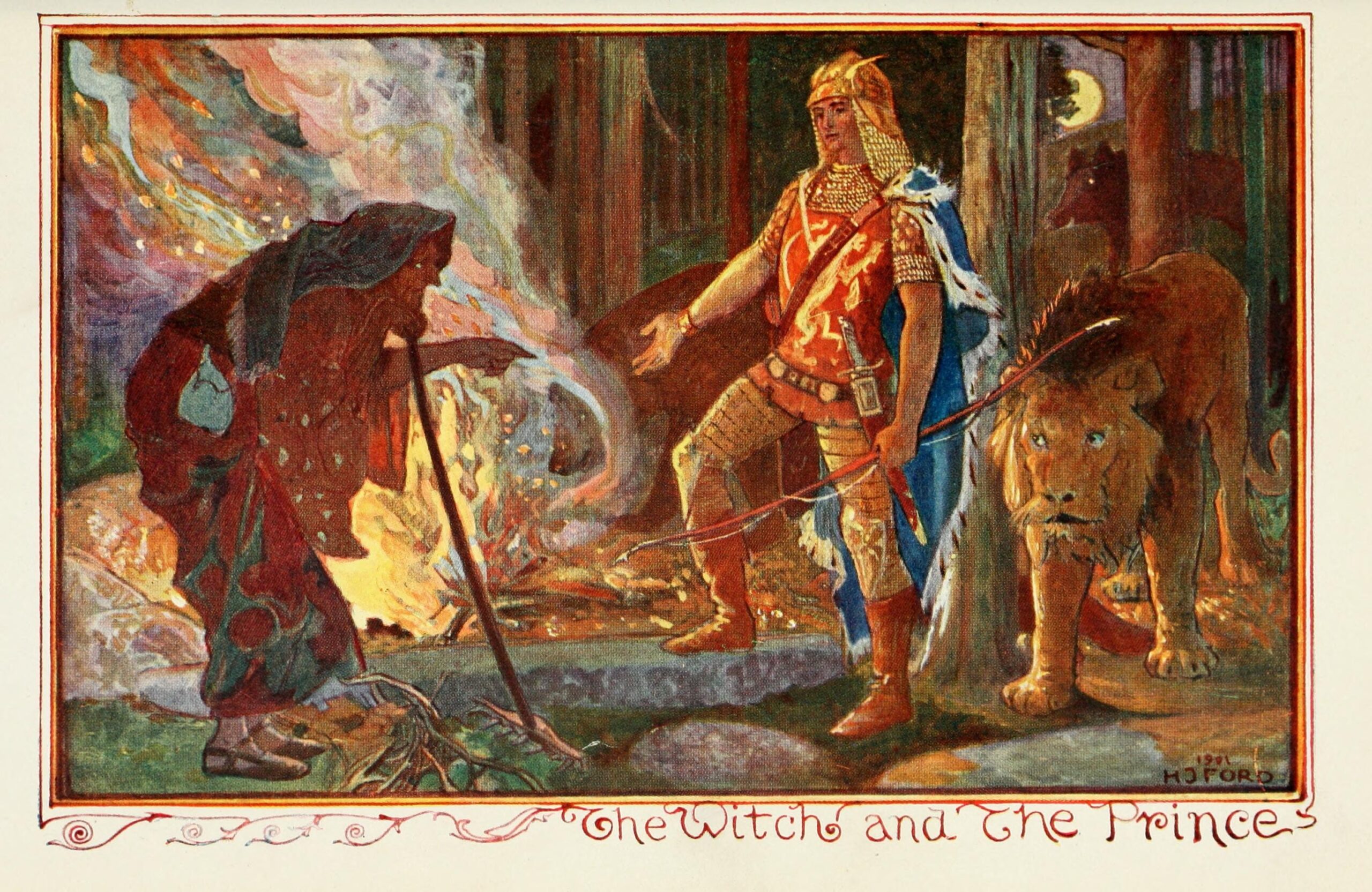So, this was the subject of conversation. Why are people not playing high-level D&D? This was prompted by this post on ENWorld, which was based on stats found on D&D Beyond drawn from users making characters using their tools.
The short version of the analysis is that after 10th level, the number of characters drops off dramatically. The majority of the characters are between 3rd and 6th levels.
This has prompted a bunch of people to put forth their own ideas as to why. Far be it for me to buck a good gaming trend. Here is my list of reasons why people are not making characters for higher-level play.
The Big One: Few High-Level Adventures
The vast majority of Wizards of the Coast published 5e adventures are for no higher than 13th level. The Dungeon of the Mad Mage is the only one that goes up to 20th level, really. This is also consistent with older editions.
Early D&D did not usually come in large book adventures with large campaign arcs wrapped up in one book. They were usually published as smaller single modules that were parts in a series. That said, it was rare for higher-level modules to be published.
They happened. There were several in the many decades D&D has been around. The one I remember encountering was the Throne of Bloodstone, which had had a level range going from levels 18 to 100!

The number of high-level modules was always less in demand all the way back to the early days, though. I don’t see that changing much until some of the other reasons change. The demand just hasn’t been there.
The Lack of Examples
The other reason people bandy about for lack of high-level play is the lack of examples of what that looks like. D&D has often been used to simulate the fiction that inspires it. We have an image from a movie or a book and it populates the scenes in our head. High-level play begins to go outside those source images.
Tolkien is certainly the elephant in the room as regarding what people think of when thinking of high fantasy settings. There are plenty of reasons why the Lord of the Rings is incompatible with D&D but it doesn’t stop people from having that image in mind. Nothing that happens in any of those books requires characters above 3rd level in D&D terms. The Silmarillion does show examples of much more epic & flashy events, but most people have never read the Simarillion or any of the other extended Middle Earth lore.
Beyond Tolkien, we get a few examples of higher level powers at work. The Belgariad, Wheel of Time, and few others but most source fiction tends to provide examples of things that are easily described below 10th level. Even some D&D fiction has a hard time presenting high-level characters being as dramatically powerful as they can be. The Drizzt books do in a few places but it is not consistently showing that.
Honestly, the best example fiction/media for high-level play is actually anime. Anime provides examples of broad, flashy characters doing ridiculously powerful things that constantly seem to escalate. You want high-level play, use more anime inspired stuff.
Lack of Free Time: The Bane of All Good Things.
D&D tends to be a linear experience. People start playing at 1st level and play till they get enough XP to go to 2nd. Repeat that from 3rd to 4th and so on. The early levels go by quick, but they slow down as you level. This is “by design.”
That generally means that if you want to hit higher level play you will be playing the same campaign for some time. Maintaining a long term D&D game is not easy. People have shifting work schedules, real-life things like marriages or children, and just the general vagaries of day to day life can get in the way. Anyone who has tried to get people together for a game consistently will tell you that it is not easy. It can seem impossible.
Add into that the desire to try new things, and it gets harder and harder to maintain the same game long enough to level from 1 to 13, much less up to level 20. That can represent years of play even if you are fairly consistent in meeting regularly. Need proof? Look at Critical Role, which took a few years to make it to level 20 in their first campaign. That was with them playing fairly consistently on a weekly basis.
It is Too Hard to Manage: The Rules Argument
I see this idea bandied about and I am less certain I agree with it. The spells get more powerful. The players being able to raise the dead certainly complicates making them feel threatened. Also, the published monsters have hit point counts that are so low that even the highest CR creatures are not long fights for the PC’s above 10th level.
These are things to think about, but they are not terribly hard to deal with. Increase some hit points on your monsters, particularly on the big fights. Make the reagents more difficult to acquire for spells you want to see less or find new ways to threaten the PC’s. The perception is that the DM has to keep track of more, but that is not really true.
The monster stat blocks are not dramatically more complex on CR 20 things than they are for CR 8 things. The capabilities of PC’s go up, but not so much so that you can’t form a story that they will become invested in. Again, look to Critical Role for an example of it being done well.
Is this all a problem?
The notion we are not seeing high-level play may be seen as a problem. I can understand that. If a section of the game is not seeing play you begin to wonder if something wrong. Does the game need to be revised to remove the parts people are not using or do we need to make changes to drive people to use those parts of the rules?
The truth is, the lack of content for high-level play may be by design. It encourages you to buy adventures more often. Also, they did survey a lot of people before revising 5th and I am sure some of those surveys showed what the “sweet spot” of D&D was. They pointed their energies to making stuff for that “sweet spot.”
Also, just because most people don’t use it as often doesn’t mean having the rules for higher-level characters is a mistake. There are rules for madness that most people don’t use, but they exist for the people who do want to use them. There may be fewer people, maybe even dramatically fewer people, that want to play high-level campaigns, but it is good that the rules are there for the people who do.
If you want more high-level play, you can do a few things. I am assuming just playing more often is not an option here.
Start your campaign at 10th level. The PC’s are already epically powerful heroes who come to defy kings, devils, and demigods. Lean into starting big and going bigger.
Buy adventures for higher levels. There are a lot of adventures on DM’s Guild. if you select “Adventures” on the product type it will present you a sub-menu that separates adventures into tiers of play. Tier 3 and Tier 4 will cover your adventures from 11th level up to 20th. Do you want an invasion of Tarrasques? James Intercasso has you covered.
Anyway, that is my thoughts on the whole “high-level play” discussions. I, for one, would like to see more people explore high-level play. I think there are some broad sweeping stories you can tell when the power level is that high. I am curious about what other people think about this.




Super interested in this- running a long going campaign and as they get higher level, need more ways for the story to level up with them and still be realistic. I kind of wish there were more high level modules, but it is really tricky for me to fit a specific module into MY story. They are often so specific. For rules, I do have some difficulty coming up with reasonable creatures, but it’s not that hard to scale up and reskin some things. I do find this topic super interesting!
There are some third party resources that expand the monster selection, particularly near the top end. I love Tome of Beasts and the Creature Codex from Kobold Press for that. Have you looked at the older high end modules to convert? They might give you some ideas. I mainly use modules to steal ideas and convert for my stuff anyway.